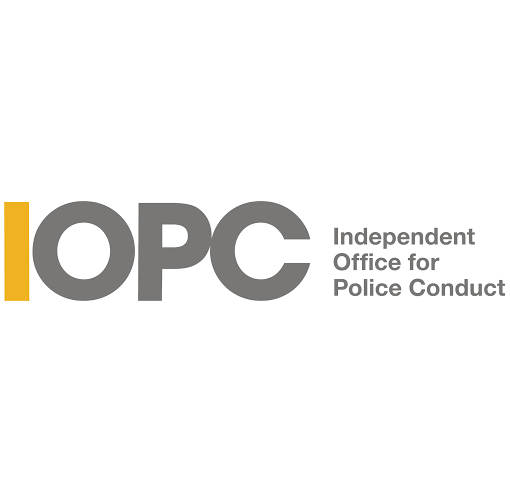Local Investigations Quicker Than IOPC
INVESTIGATIONS into officer conduct are quicker when carried out local level than under IOPC supervision, new figures have shown.
Supervised cases took on average around 24 months to be resolved – compared to just five months for unsupervised cases, according to the IOPC’s own figures.
Just 13 supervised investigations took place compared to nearly 20,000 local investigations from April 2019 to January 2020.
Half of all allegations made against officers were resolved locally, such as through offering an explanation to what happened or making a direct apology to recompense for officer misconduct.
The length of time it can take for the IOPC to resolve investigations has long been the target of criticism from the PFEW and from officers on the frontline.
Some high profile cases have taken more than a decade to be concluded, putting the officers involved through extreme stress and worry about their careers and family lives.
The IOPC’s own figures show 83% of their investigations are now resolved within a year.
An IOPC spokesperson told Police Oracle that reforms to the police complaints system was beginning to bear fruit.
The spokesperson said: “The reforms to the police complaints systems will help make further improvements. Now those carrying out an investigation (whether it’s the police force or the IOPC) are required to write to the person making the complaint when an investigation takes longer than 12 months.
“The changes also reduce the steps required to determine what action should be taken at the end of an investigation.
“The IOPC had long argued the case for substantial legislative change and welcome the difference these reforms will make.”
Reforms to the complaints system, which has been in place since February 2020, are aimed at making it ‘easier to navigate’ and will place ‘greater emphasis’ on handling complaints in a ‘reasonable and proportionate’ manner.
Complaints against forces and not just individual officers can also now be made.
IOPC Chief Executive Michael Lockwood said: “We know many police forces began to adopt the spirit of the reforms when the legislation was delayed last year.
“This report shows an increased use of local resolution, which could suggest police forces are already taking a more proportionate approach to handling complaints.”
